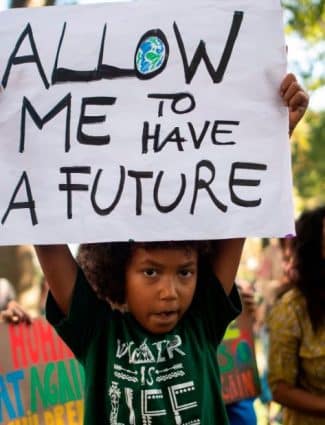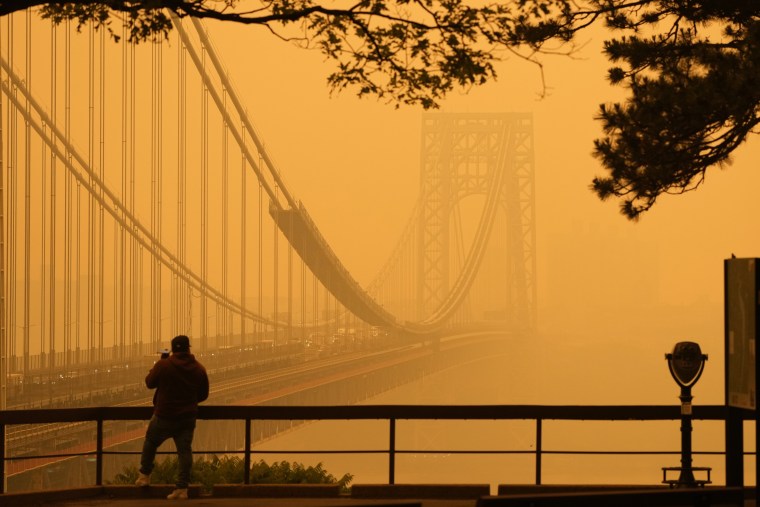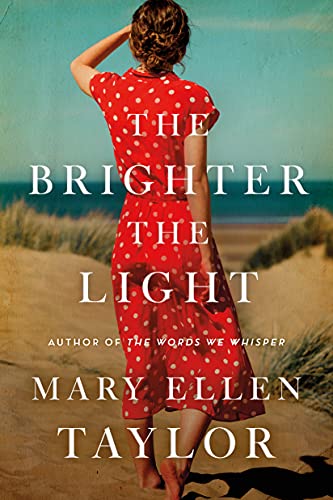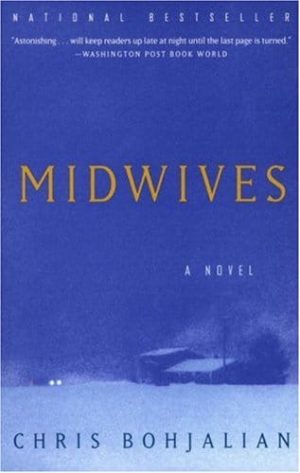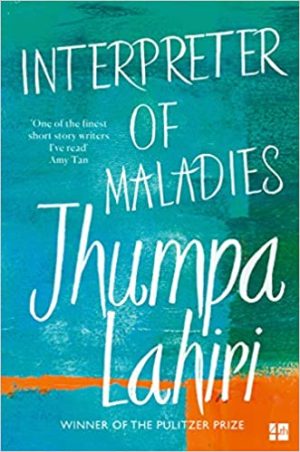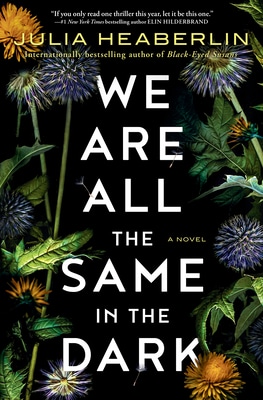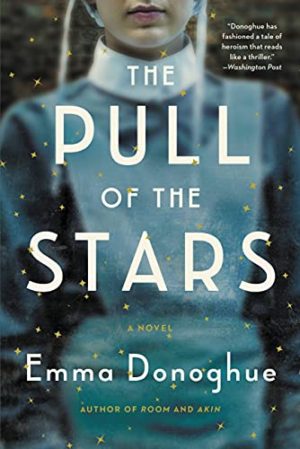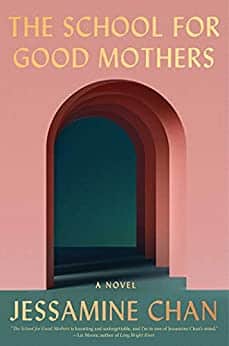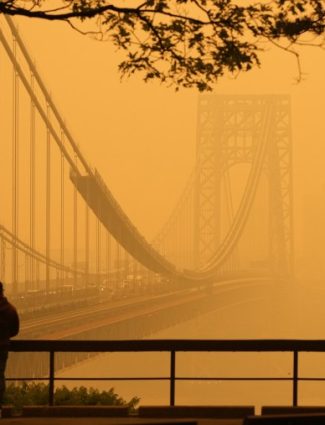
Beautiful Day In an Altered Climate
Time to Act on Climate Change
Estimated reading time: 0 minutes, 43 secondsAs I strolled on my morning walk, I came across two individuals engrossed in a conversation while their four-legged companions were busy sniffing each other’s behinds. As customary, I greeted them with a warm smile and wished them a pleasant day. The gentleman responded with equal warmth and wished me a good day. Without hesitation, I responded that every day is beautiful, whether scorching or freezing, regardless of the weather. The two nodded in agreement, and the lady suggested that I spread this message to everyone I met.
As I walked away, I missed an opportunity to raise awareness about the changing climate. Today’s temperature will be twenty-two degrees above average, which has become common. Since the beginning of this year, we have witnessed an average temperature of four degrees above normal. Acknowledging and addressing this issue is essential, and I wish I had done so.


